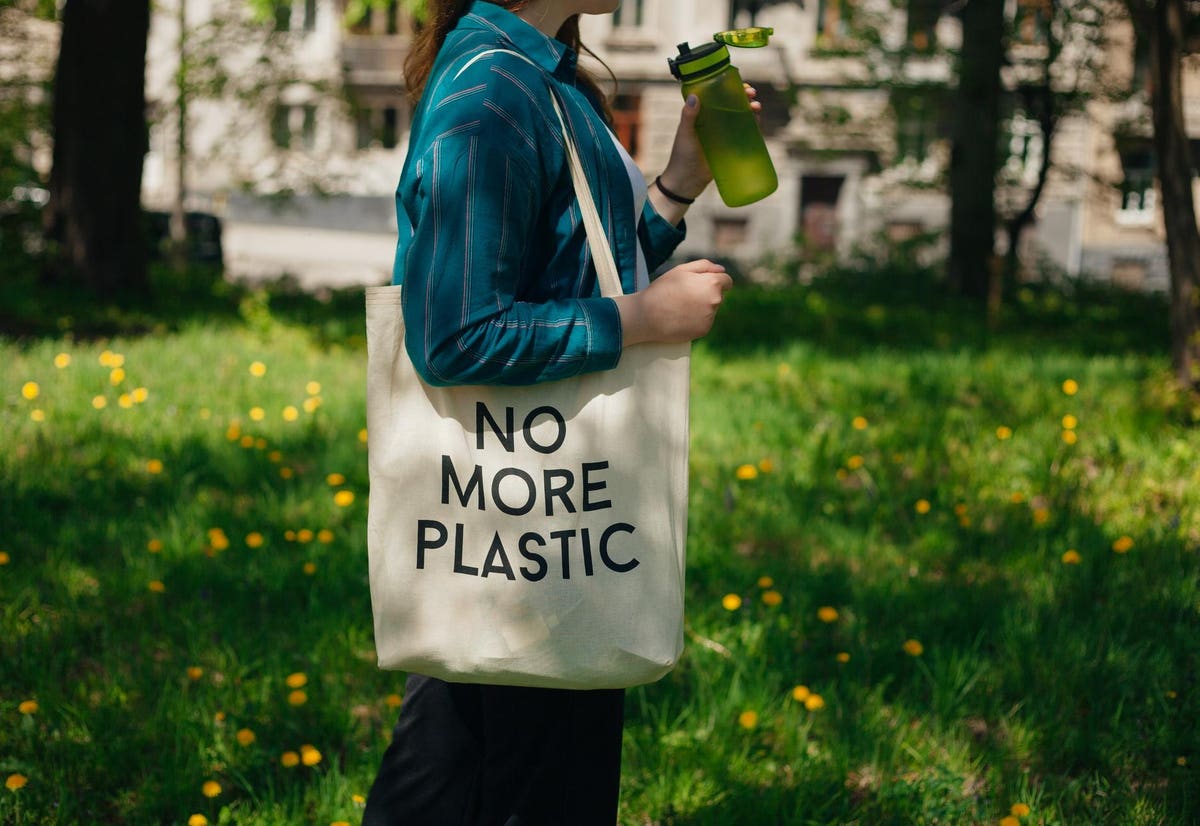Adam Taubenfligel is an author & co-founder, creative director and responsibility lead at denim brand Triarchy.
“Sustainable fashion” is something of a contradiction, especially as the word “sustainable” has increasingly become a runaway train with greenwashed carriages trailing behind it.
In my experience, greenwashing is often the result of well-intended but misinformed initiatives. But in order to bring significance to sustainability, I think we need to get curious and examine our entire business models—from manufacturing and supply chain to consumer experiences and communications.
As it is, almost 50% of consumers worldwide report they don’t trust clothing brands’ sustainability claims. While sustainability is a difficult concept to define, especially in an unregulated environment with no governing body to set universal standards, I believe that asking tough questions at every turn is the only way to get to the truth behind sustainable claims and increase consumer confidence.
Sustainable clothing is anticipated to account for 6.1% of the global apparel market in 2026, up from 3.9% in 2021. And there is immense potential to make a real, systemic impact that can tackle issues like water conservation, plastics use, emissions and equitable working conditions.
Educating consumers is one way to approach it, but I believe that the onus sits firmly on the shoulders of companies to do the due diligence and learn exactly what questions to ask, and more importantly, what to look for in the answers they find. Here are a few questions to help you get started:
Is This Actually Better Or Is It Greenwashing?
Making stretch fabric from recycled water bottles seems like a really good idea. Rerouting plastic from landfills and giving it a second life sounds like the sort of innovation we need. Or is it? How much do we really know about what transforms a plastic bottle to fabric? What happens to those garments when we’re done with them. Do we put them in the recycling bin or do they just end up in a landfill with all the other garbage? Is this helping us feel better about using virgin plastic and thus perpetuating the root problem?
These aren’t easy questions to answer. I know because I’ve been on both sides. I embraced this particular innovation that seemingly solved multiple problems with open arms, only to realize I knew half the story. Fiber separation technologies existed to make sure the plastic filaments were disposed of properly, but then what happens if these garments don’t end up in the right facilities? Or what happens if they end up there without their content label intact? How readily available is this information for consumers? These are tough questions for a brand owner to know how to ask.
Giving plastic bottles new life through fabric innovation is definitely a step in the right direction. I just want us to go further before we repurposed plastics as sustainable when it’s only a fraction of the story. Is it better? Maybe. Is it sustainable? To preserve the meaning of the word, and to think responsibly about it, I don’t think it’s even close.
Who Is Checking My Homework?
If you want to create more responsible products, it’s important that your claims are validated by others in the industry and aligned to the highest standards. One recommendation of mine is to work with third-party auditors to vet claims and ensure they are sufficiently backed up with proof points, certifications and anything else to make sure what you say you’re doing is, in fact, what you’re doing. This also gives more credibility in deciding what is and isn’t a message worth sharing under the moniker of sustainability.
Auditing your individual products with a third-party auditor allows for a real-time window into the products you actually make and sell, not the brand as a whole. It can help provide a framework for you to follow and find ways to further improve. Remember, though, that not all certifying bodies are made equal. It’s important that companies do their own homework to align themselves with the most relevant and impactful association, not one that exchanges dollars for logos and talking points.
Does Sustainability Need To Take A Backseat To Another Word?
I find that the concept of sustainability, especially in the fashion industry, has been overall compromised. Truly sustainable brands just don’t tend to exist, particularly if we continue to produce new items using virgin or blended materials.
I believe that we can look to other words like “responsible” to more accurately describe these practices and build a reliable brand. To me, embracing responsibility means understanding the complete narrative, navigating the unavoidable compromise and scrutinizing both intentional and unintentional greenwashing in the B2B realm. Lastly, we need to acknowledge that we still have a long way to go.
Responsibility provides an opportunity for a fresh start and a new perspective. Unlike sustainability, we all understand what it means to be “responsible.” We can discern between responsible and irresponsible choices in both personal and business contexts, making it a more robust and stringent principle to adhere to rather than succumbing to the marketing hype surrounding sustainability.
I envision a future where those genuinely committed to a more environmentally friendly fashion industry will unite in shifting the narrative from sustainability to responsibility. This shift will allow us to distinguish between those engaged in mere greenwashing and those with genuine intentions to revolutionize the industry.
Forbes Business Council is the foremost growth and networking organization for business owners and leaders. Do I qualify?
Read the full article here




